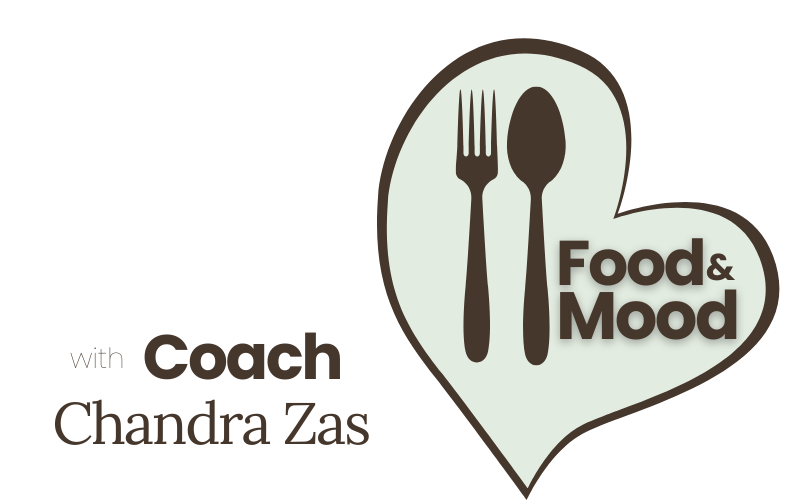
The Blame Game Has No Winners

Continuing on this month\’s love and relationship theme, this week I want to talk about blame. Blaming is an action or behavior that we can (or cannot) engage in. Let me tell you up front, the blame game has no winners.
When we blame we give away our power by putting the responsibility on something or someone external. When we take responsibility then we have power in the situation.
When we blame we are acting like emotional kids; we are putting the power in people or situations outside of ourselves and asking the world to change.
Unfortunately, many of us do not catch on and we continue acting like emotional kids well into our adulthood.
When we act as emotional adults we take responsibility for our own part and thus can engage in conversations where we can figure out solutions.
Blame Game Story
My partner and I are aware of the blame game, yet we also find ourselves walking down the blame game path from time to time.
Our truck came out of the shop a few days ago, after some expensive repairs, and yesterday we found a leak into the cab of the truck.
We jumped into blaming the shop.
“You need to fix this.”
“This is your fault.”
As we were about to call the shop and confront them, I caught us and slowed us down before we called.
I offer some questions to us, asking ‘could it not be their fault?’
Is it possible that something happened since the truck came out of the shop?
These few questions took us out of blame and into a more curious tone before we called.
The Downsides of the Blame Game
One of the biggest downsides that I have witnessed time and again is that when we blame someone else and come at them blaming them then the other person is often defensive and not helpful.
-
We close doors when we blame.
-
We cut ourselves off from solutions.
-
We create defensiveness.
-
We give our power away.
I called the shop and I presented the situation as a neutral fact; ‘here is what is happening.’
They were more than willing to help us troubleshoot, offering us their time and brain power.
I know this would not have happened if I had come into the conversation with blame.
Our Blame Game
We both tend to think that we are right all the time.
When I was living in Israel with him, in the beginning of our relationship, I got into a habit of asking him, “is this what you mean?”
This is one of the biggest gifts that we can all give every one of our relationships.
To energetically get on the same side is opposite of the blame game.
When we blame we can get into a state of victimhood.
Both feeling like a victim and blaming the world are places where health starts to be compromised and deteriorate.
Gut health requires doing the emotional work and becoming an emotional adult so that healthy habits are natural and easy.
Honestly, the hard part is the emotions. Once we feel good it is easy to take care of our health.
Blame is something to understand and grow up out of, in all relationships including with food, self, people, and life.
